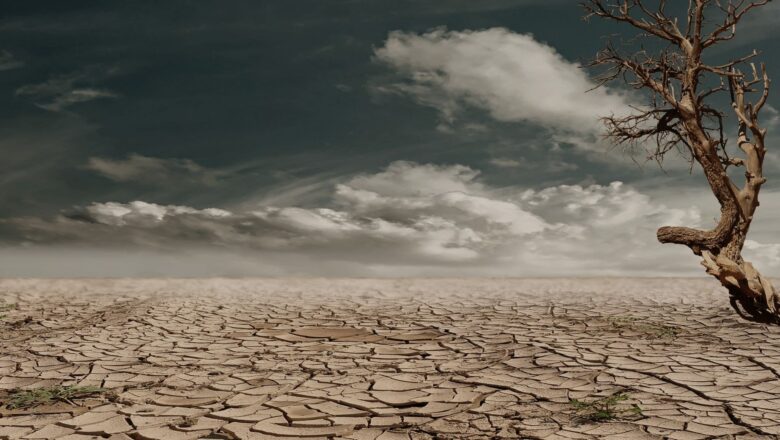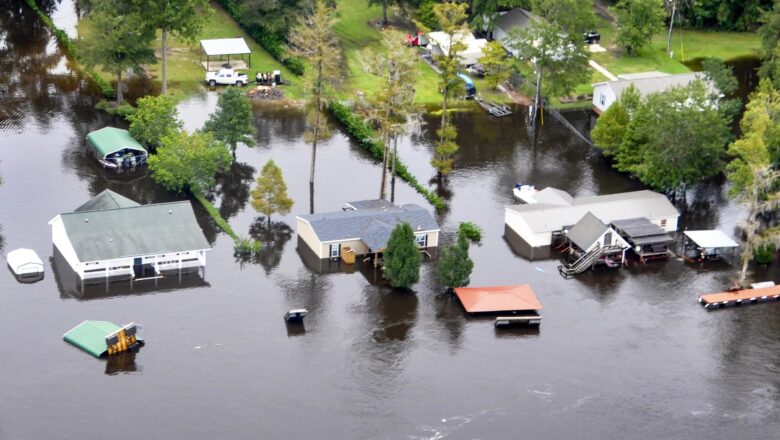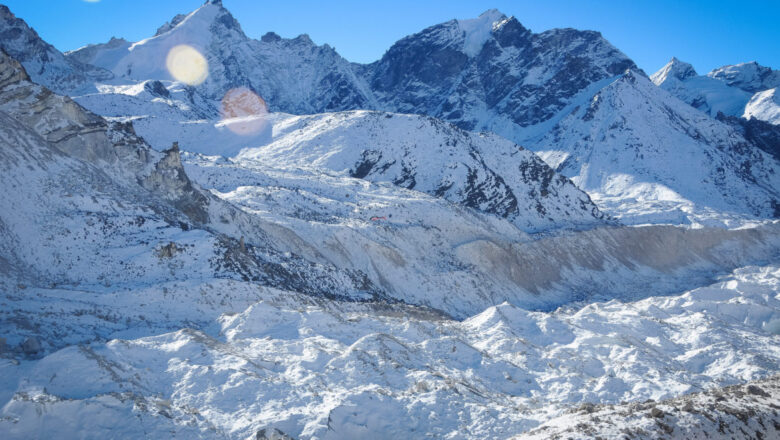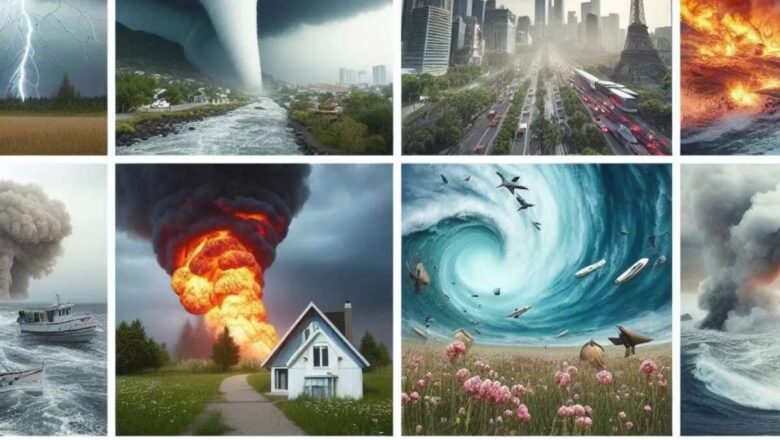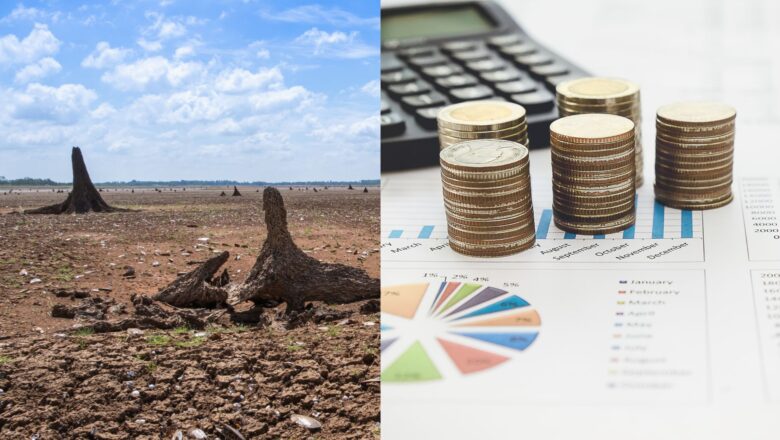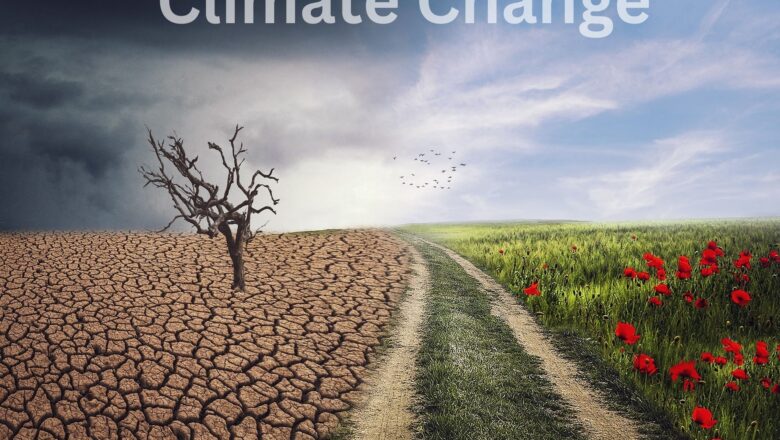
ADB Triple A Initiative Securing the Future of Atoll Nations Amid Climate Crisis
Kiribati, Maldives, Marshall Islands, and Tuvalu four atoll nations at the frontline of climate change are facing an existential threat from rising sea levels, coastal erosion and freshwater scarcity. With a combined population of over 700,000 people living on just 1,300 km² of land, these nations are among the world’s most vulnerable to climate risks.
Without urgent intervention, projections suggest sea levels could rise by up to 1 meter by 2100, putting large portions of these islands at risk of permanent inundation. In response, the Asian Development Bank (ADB) has launched the Triple A “Accelerating Atoll Adaptation” Initiative, a transformational adaptation strategy designed to strengthen the climate and disaster resilience of these nations.
The Socioeconomic Threat of Climate C...



